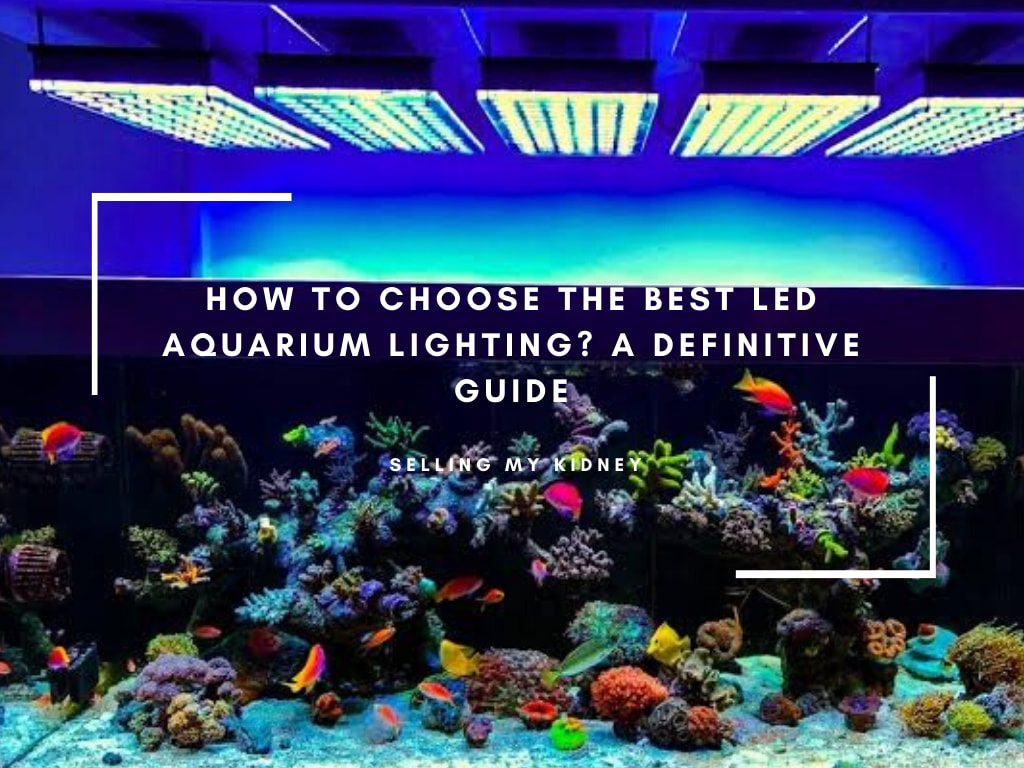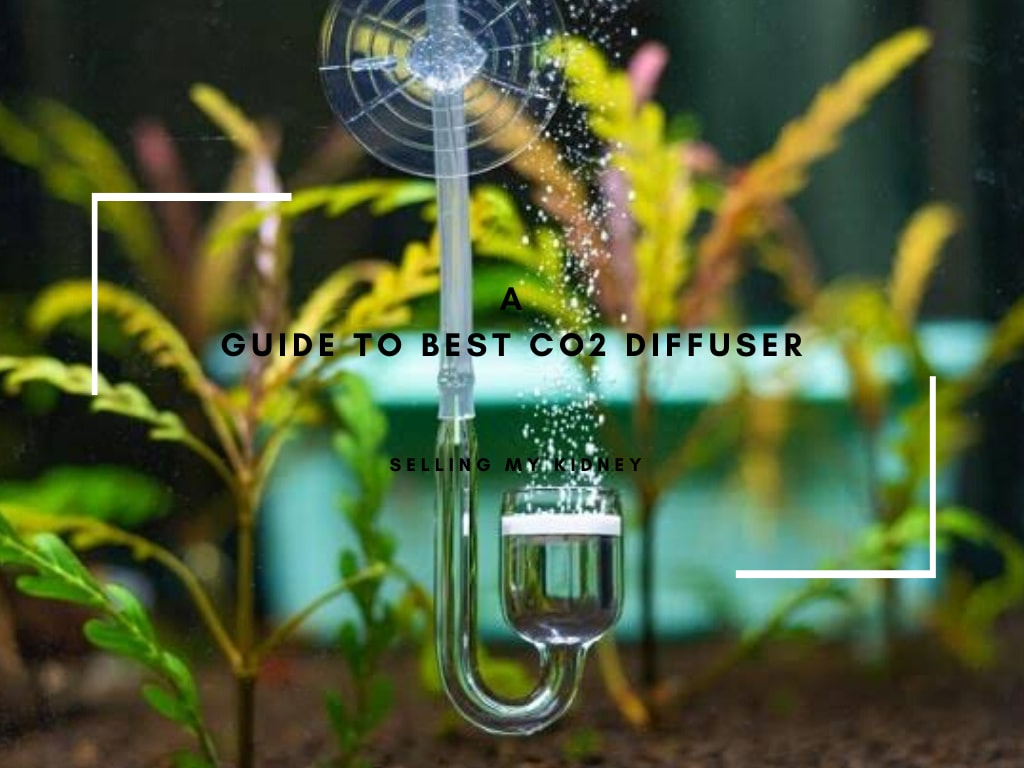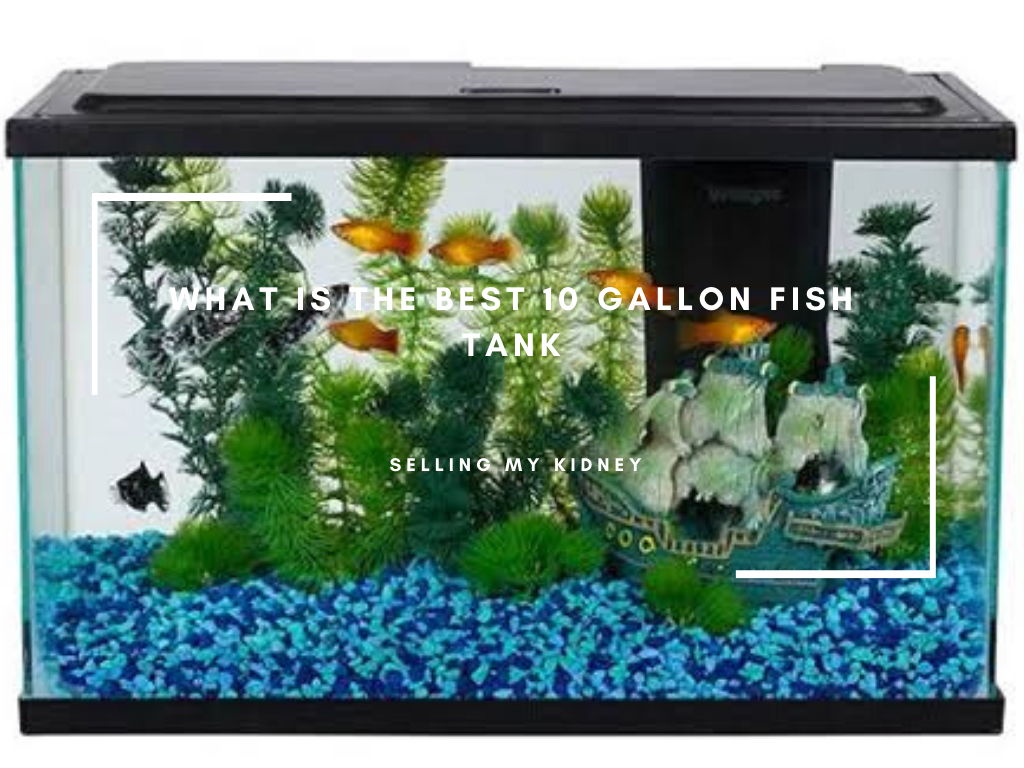CO2 is an essential element for any aquarium.
It helps maintain the balance of oxygen and carbon dioxide in your tank, which can benefit plants and fish.
CO2 also plays a role in photosynthesis, allowing aquatic plants to grow faster while providing more food sources for other organisms living within the ecosystem.
Additionally, it increases water clarity by reducing algae growth and helping with pH regulation. All these factors contribute towards creating a healthy environment that will support life!
Having adequate levels of CO2 is one of the most important aspects when setting up or maintaining an aquarium. Without it, you won’t have much success keeping your inhabitants happy and thriving!
The same Process Applies To Aquatic Plants.
Aquatic plants are an important part of the aquatic ecosystem.
They provide food and shelter for fish, amphibians, reptiles, and other animals that live in the water.
The same process applies to these plants with land-based vegetation: they need sunlight, nutrients from soil or sediment (or both), oxygenated water, and a suitable temperature range to survive.
Sunlight is essential for photosynthesis which helps aquatic plants grow; without enough light, their growth will be stunted or even cease altogether!
Nutrients can come from soil/sediment at the bottom of bodies of water like lakes & rivers or dissolved minerals found naturally within them. This could include nitrogen & phosphorus compounds, amongst others depending on location.
Oxygenation levels must also remain high so that respiration processes occur properly. If not, plant life may suffer due to lack thereof!
Finally, temperatures should stay between certain ranges, too; otherwise, some species won’t thrive. For example, Tropical varieties require warmer waters than those living further northwards, where cooler climates prevail year-round.
Examples Of Aquatic Plants Include:
- Algae
- Water lilies
- Duckweed
- Seaweed
- Pondweeds
- Eelgrass
- Bladderworts
- Coontail Mosses
Important Facts About Aquatic Plants:
- They help maintain healthy ecosystems by providing habitats for wildlife such as insects & small mammals.
- Some types act as natural filters removing pollutants.
- Others produce oxygen through photosynthesis.
- Many serve medicinal purposes.
- They play a role in controlling erosion.
- Some have been used historically in religious ceremonies.
- Certain ones attract tourists who visit areas specifically because there’s abundant flora present.
- Many countries rely heavily upon aquaculture farming practices involving various kinds.
The Importance Of Water Plants In Your Fish Tank
Water plants are essential for a healthy fish tank.
They provide oxygen, absorb toxins and create hiding places for the fish.
Here’s why they’re so important:
- Oxygen – Water plants produce oxygen through photosynthesis which is vital to keep your aquarium inhabitants alive;
- Toxins – Plants help remove nitrates from water by absorbing them as nutrients;
- Hiding Places – Fish feel safe when there’s plenty of vegetation in their environment, giving them somewhere to hide if needed.
Examples of popular aquatic plant species include Java Ferns, Anubias Nana, and Amazon Swords Plant (Echinodorus).
These require different light intensity levels but can be easily maintained with regular pruning or trimming back overgrown leaves/stems.
It’s also worth noting that some types may need additional fertilizers, such as iron-rich supplements, depending on the type you choose!
Finally, it should go without saying that having live plants will add an extra layer of beauty to any aquascape design too!
The Green Underwater World
The underwater world is a fascinating place, full of life and beauty.
It’s home to many different species of plants and animals that live in the depths below us.
The green underwater world is especially vibrant with its lush coral reefs, colorful fish, sea turtles, dolphins, and more!
These creatures rely on healthy oceans for survival; they need clean water free from pollution to thrive.
Some important facts about this unique environment include:
- Coral reefs are some of the most diverse ecosystems on Earth – over 25% of all marine life lives there!
- Seagrass meadows provide food sources for numerous species, including manatees & dugongs, as well as providing shelter from predators like sharks or barracudas.
- Kelp forests act like an “underwater rainforest.” That’s done by creating habitats where other organisms, such as crabs & lobsters, can hide away safely. They also help filter out pollutants before it reaches deeper waters further down the ocean floor.
These incredible environments help keep our planet alive – without them, we would not have oxygen to breathe or seafood delicacies to enjoy!
We must do what we can now to protect these fragile areas if future generations experience their wonders firsthand too one day soon enough.
To Add Or Not To Add Co2 In Your Aquarium
Adding CO2 to your aquarium can be a great way to promote healthy plant growth.
It is important, however, that you understand the risks and benefits of adding this gas before making any decisions about it.
Here are some things to consider:
- Benefits – Adding CO2 will increase photosynthesis in plants, leading to faster growth rates; increased oxygen levels for fish; improved water clarity due to reduced algae blooms; and better overall health of aquatic life.
- Risks – Too much or too little carbon dioxide can cause pH swings leading to stress on fish and other organisms living in the tank environment, such as snails and shrimp.
Additionally, if not monitored properly, there could also be an accumulation of toxic gases like hydrogen sulfide (H₂S), leading to further toxicity problems within the system itself!
Whether or not one should add Co2 into their aquarium depends upon individual needs/goals.
Still, understanding both sides is key when deciding what’s best for your setup!
Why do You Need To Add Co2?
Adding CO2 to your environment is essential for a healthy and thriving ecosystem.
Here are some of the reasons why:
- Plants need it to photosynthesize, which produces oxygen that we all depend on;
- It helps regulate temperature by trapping heat from the sun’s rays;
- Increases water retention in soil, allowing plants access to more nutrients they need for growth;
- Enhances plant productivity – higher carbon dioxide levels can lead to a 30% increase in crop yields!
- Stimulates microbial activity within soils, making them healthier and better able to support life forms like insects or birds.
In addition, adding CO2 has been proven beneficial when used as part of an indoor growing system such as hydroponics or aeroponics. Because it increases nutrient uptake into roots while providing additional energy sources needed during times of stress (e.g., drought).
This means faster growth rates with less effort required from you!
Finally, having adequate amounts will help reduce air pollution. Since burning fossil fuels releases large quantities into our atmosphere. So if enough already exists, this won’t be necessary anymore.
In Summary: Importance Of Co2 In Your Aquarium
CO2 is an essential element for a healthy aquarium.
It helps maintain the pH balance, which keeps fish and other aquatic life thriving.
CO2 also aids in photosynthesis by providing the carbon dioxide that plants need to grow and produce oxygen for your tank’s inhabitants.
Algae can quickly take over without it and cause water quality issues such as low dissolved oxygen levels or high nitrate concentrations. That leads to poor health of all living things within the system.
Good CO2 in any aquarium setup should be mandatory if you want happy and healthy fish!




